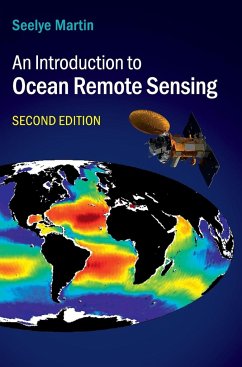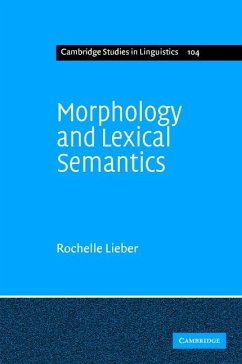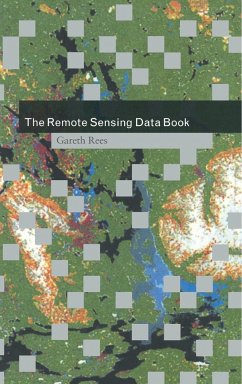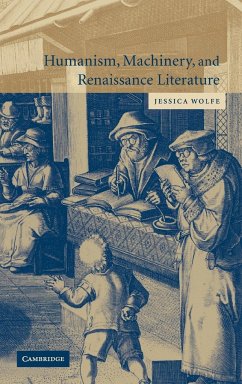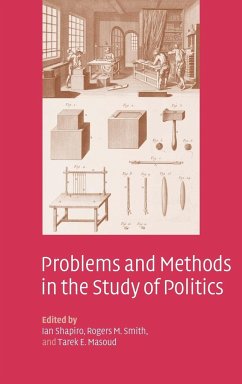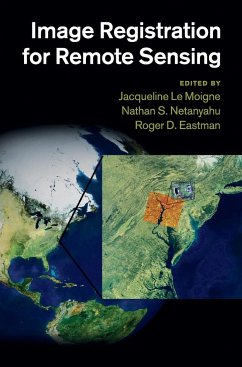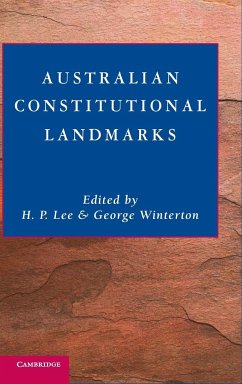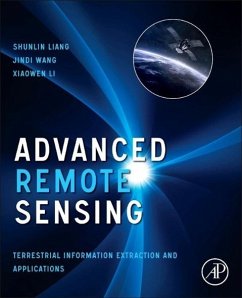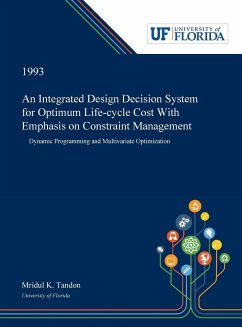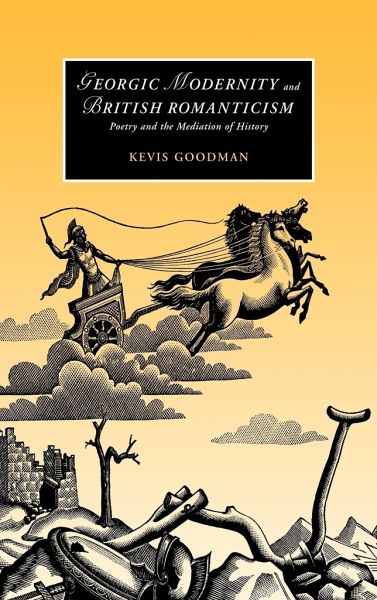
Georgic Modernity and British Romanticism
Poetry and the Mediation of History
Herausgeber: Chandler, James; Butler, Marilyn

PAYBACK Punkte
55 °P sammeln!
This book traces connections between Georgic verse and developments in other spheres from the late seventeenth to the early nineteenth centuries: the mediation of perception by scientific instruments, of events by newspapers, of knowledge by the feelings, of the past by narrative. Kevis Goodman argues that because of the Georgic's concern for the transmission of knowledge and the extension of the senses over time and space, the verse of this period, far from burying history in nature (a position more often associated with Romanticism), instead presents new ways of perceiving history in terms o...
This book traces connections between Georgic verse and developments in other spheres from the late seventeenth to the early nineteenth centuries: the mediation of perception by scientific instruments, of events by newspapers, of knowledge by the feelings, of the past by narrative. Kevis Goodman argues that because of the Georgic's concern for the transmission of knowledge and the extension of the senses over time and space, the verse of this period, far from burying history in nature (a position more often associated with Romanticism), instead presents new ways of perceiving history in terms of sensation. In this way Goodman opens up the subject of Georgic to larger areas of literary and cultural study including the history of the feelings and the prehistory of modern media concerns in relation to print culture and early scientific technology.





